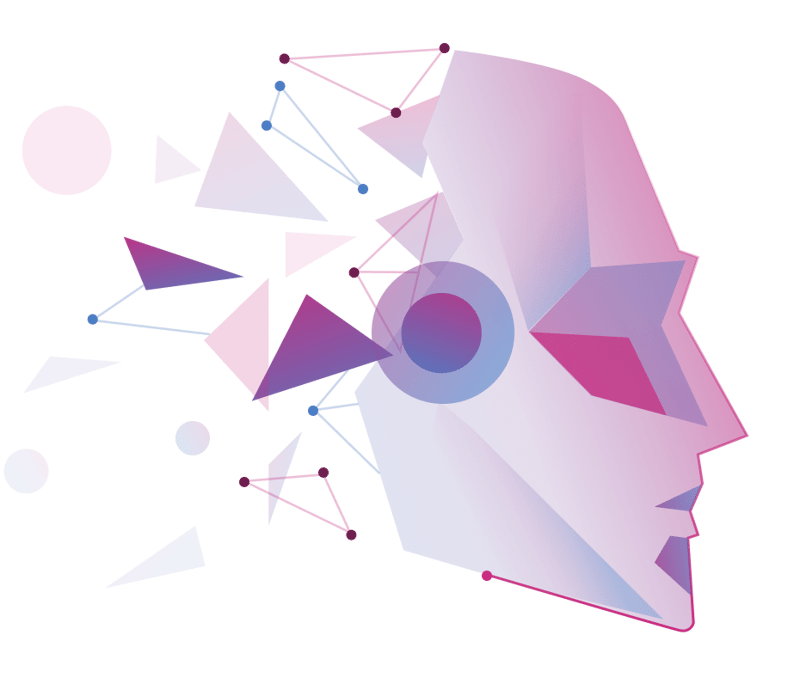Home
MLOps Community
The MLOps Community is where machine learning practitioners come together to define and implement MLOps.
Our global community is the default hub for MLOps practitioners to meet other MLOps industry professionals, share their real-world experience and challenges, learn skills and best practices, and collaborate on projects and employment opportunities. We are the world's largest community dedicated to addressing the unique technical and operational challenges of production machine learning systems.
Events
4:30 PM - 5:30 PM, Mar 25 GMT
Operationalizing AI Agents: From Experimentation to Production
8:00 PM - 9:00 PM, Feb 27 GMT
Coding Agents Lunch & Learn, Session 3: Working on an AI-First Team
4:00 PM - 6:00 PM, Feb 26 GMT
MLOps Reading Group February: Advancing Open-source World Models
Content
Blog
This article explores how to use "Agent Skills"—simple Markdown-based context modules—to ensure AI agents strictly adhere to your team's MLOps practices and tooling preferences. By providing explicit organizational rules upfront, developers can eliminate generic boilerplate and align AI-generated code with production-grade standards.
Mar 3rd, 2026 | Views 23
Video
We present LingBot-World, an open-sourced world simulator stemming from video generation. Positioned as a top-tier world model, LingBot-World offers the following features. (1) It maintains high fidelity and robust dynamics in a broad spectrum of environments, including realism, scientific contexts, cartoon styles, and beyond. (2) It enables a minute-level horizon while preserving contextual consistency over time, which is also known as "long-term memory". (3) It supports real-time interactivity, achieving a latency of under 1 second when producing 16 frames per second. We provide public access to the code and model in an effort to narrow the divide between open-source and closed-source technologies. We believe our release will empower the community with practical applications across areas like content creation, gaming, and robot learning.
Feb 27th, 2026 | Views 29
Video
In today’s era of massive generative models, it's important to understand the full scope of AI systems' performance engineering. This talk discusses the new O'Reilly book, AI Systems Performance Engineering, and the accompanying GitHub repo (https://github.com/cfregly/ai-performance-engineering).
This talk provides engineers, researchers, and developers with a set of actionable optimization strategies. You'll learn techniques to co-design and co-optimize hardware, software, and algorithms to build resilient, scalable, and cost-effective AI systems for both training and inference.
Feb 24th, 2026 | Views 204




